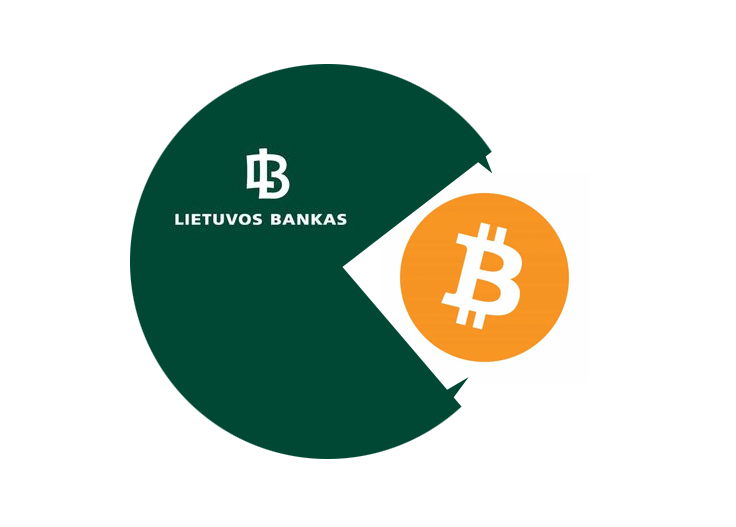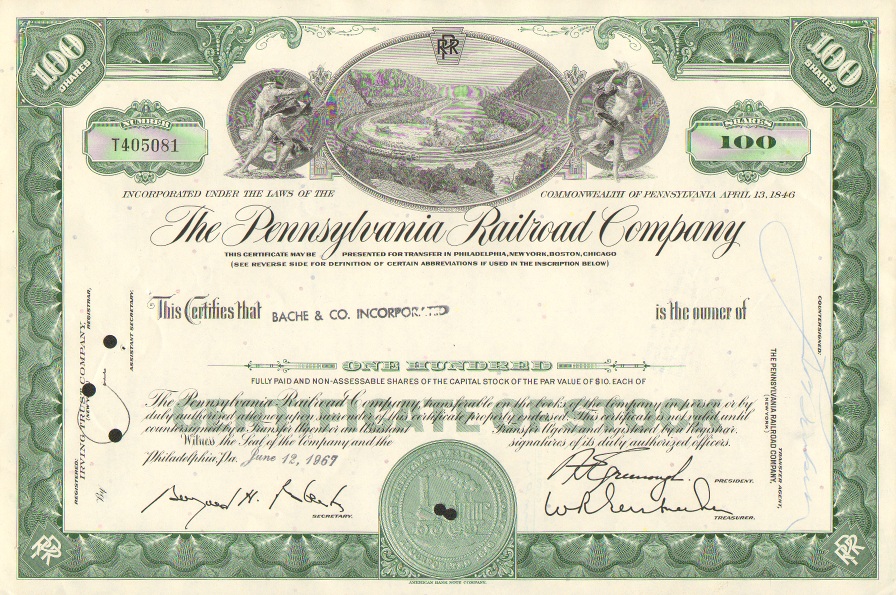Lithuania’s Ministry of Finance released its long-awaited “ICO Guidelines” this week. I was one of those expecting something much more powerful from a country that boasts how fintech-friendly it is. Of course, the guidelines are better than the legal limbo in which companies conducting ICOs found themselves.
You can hear at many blockchain events how proud Lithuanians are of the fact that they are among the world’s leaders when it comes to funds raised by ICOs. But they usually omit the fact that most of the money raised by Lithuanians is technically raised outside of the country. The companies behind the most successful “Lithuanian” ICOs are registered in Estonia, BVI, Switzerland, United Kingdom, Gibraltar…and many places other than Lithuania. Why is this so?
The main reason: it is almost impossible to open a bank account for any cryptocurrency-related projects in Lithuania due to the anti-crypto policies of commercial banks that are simply following a strict statement by the Bank of Lithuania directing banks and other financial institutions to stay away from crypto.
At the same time Lithuania is trying to position itself as a tech-savvy and fintech-friendly jurisdiction. Yet all our Ministry of Finance can muster is the advice to “do a utility or payment token ICO”. Creating a security token is still mission impossible because Lithuania’s laws on securities and trade in financial instruments are not ready for cryptographic tokens. The Ministry’s “ICO Guidelines” refer to a long list of laws when talking about “security tokens”, but none of them cover how to sell securities using the blockchain in Lithuania. And, if this is possible in other jurisdictions, why bother doing an ICO in Lithuania in the first place?
To attract ICOs and blockchain startups to our country, we need to create a truly and effectively ICO- and crypto-friendly environment – one in which all stakeholders can feel confident: banks can open accounts for ICO startups, founders can have certainty regarding taxation and regulatory matters, and token buyers can check all aspects of a project and minimize the risk of being scammed.
Therefore, the guidelines (in addition to the taxation part) should look something more like this:
- Disclose the business model thoroughly. Describe the key aspects of the product/service you will provide and how the tokens, you are planning to sell publicly fit in.
- Clearly state whether you offer your tokens as utility tokens (even at a discounted rate), or as an investment opportunity. In the latter case, this may be treated as a public offering of a security and may fall under securities regulations.
- Describe your token sale details in advance: prices, discounts, bounty program, referral models, etc. Clearly state which currencies (both fiat and crypto) shall be accepted, how and when it will be converted, and you will use the proceeds of the ICO.
- Describe your KYC (“know-your-customer) policy. Have Personal Data Protection Policies in place (GDPR).
- Describe your accounting and security policies: how would you protect your assets from volatility in the cryptocurrency market and how it could affect your business model. Describe your action plan for the worst-case-scenario.
- Describe your risk management policy. How will you detect and disclose financial crime risks?
- Disclose the names of owners/founders and the management team of the project. Have effective corporate governance arrangements.
- Indicate the origin of initial funds of the project, describe the budget for marketing of the token sale.
- Stipulate the plan of allocation of ICO funds and founders/team/advisor tokens.
- Prepare contingency plans for the orderly and solvent winding down of the business.
This is just a model list of questions, which, in my opinion, should be addressed in a document called “ICO Guidelines”. And the guidelines should be addressed to both ICO founders and banks, so they could cooperate in making decisions about which jurisdiction to choose for their next big game-changer.








